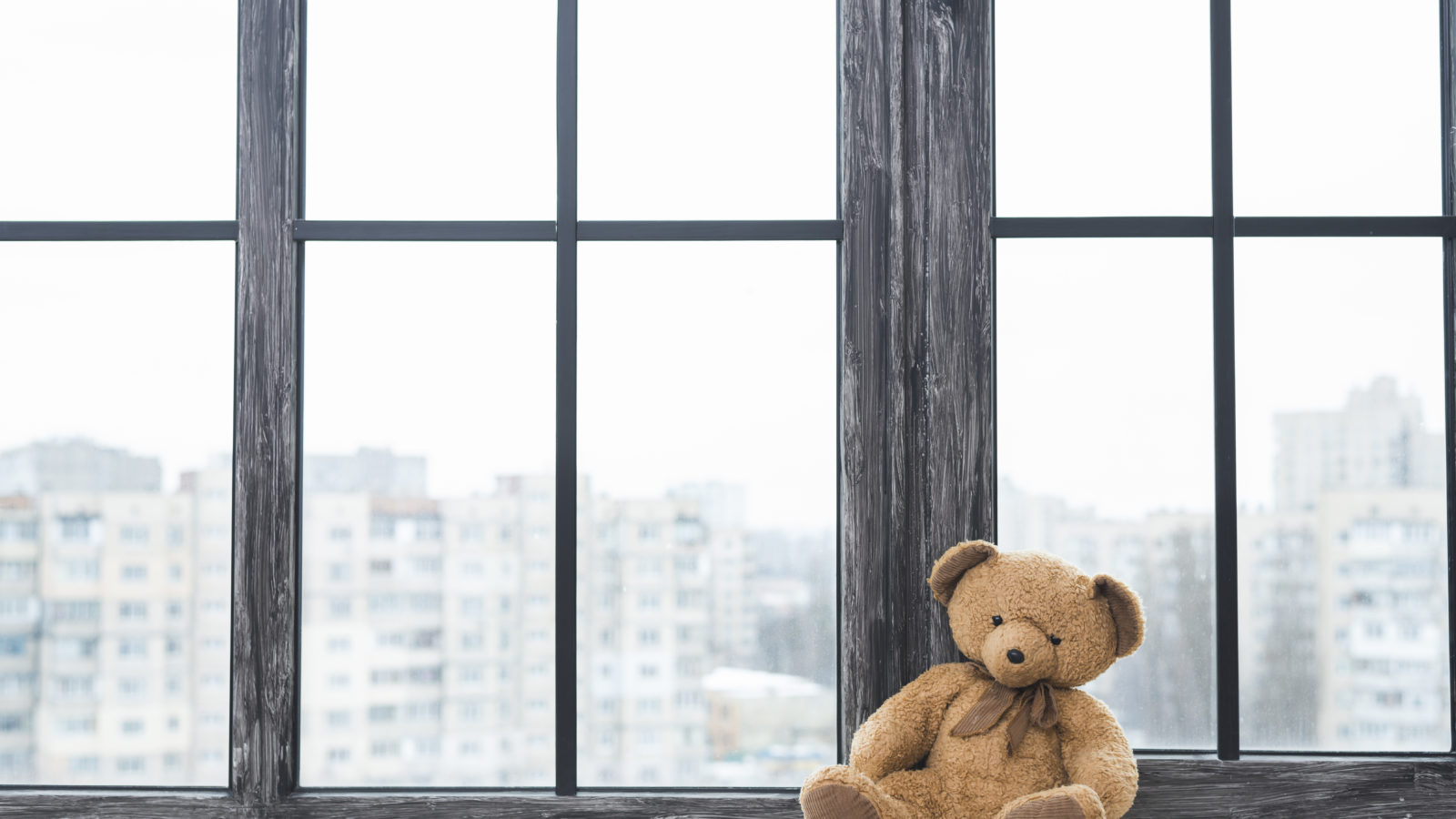Right now, the entire world is fighting an ‘invisible enemy’: the novel Coronavirus and the illness that it causes–COVID-19. We’re all under lockdown, socially distant from each other, for our own safety and for that of the community at large.
However, even under lockdown, so many of us are continuing with our regular exercise routines or trying to find new ways of working out to stay fit. We’re all trying to eat well-balanced and nutritious diets. A healthy diet can help us avoid deficiencies and boost our immune system as well, which is of critical importance in the circumstances.
We all understand that physical fitness plays a big part in staying healthy. But what we need to realise right now is that staying mentally healthy is far more important.
Studies on the psychological effects of quarantine during epidemics like SARS clearly suggest that people are highly susceptible to the negative psychological impact of this pandemic.
A survey by the Indian Psychiatry Society reveals that there has been an alarming 20 per cent rise in the number of people with mental health concerns since the outbreak of the coronavirus in India. The crisis has also compounded the issues of people with existing psychological symptoms.
First and foremost, everyone is worried about contracting the dreaded Coronavirus and panicking at the slightest of symptoms. The phobia and paranoia are affecting people’s mental health adversely and causing insomnia, stress and anxiety.
This is also a particularly difficult time for those with Obsessive Compulsive Disorders (OCDs). When every medical expert is telling you to wash hands regularly, use sanitizers, wear masks and indulge in Social Distancing, the issues of those with OCDs are bound to get aggravated. These are people who urgently need to be counselled and reassured. Some may even need medication. But we need to ensure that we keep their symptoms and issues in check.
Then, there is the fear of the stigma attached to this contagion. People are terrified that they will be shunned by society if they contract the virus. So many are choosing to hide their symptoms because of this ‘perceived stigma’. This is a fear that can again easily snowball into anxiety or depression.
Sadly, there are reports that people who hadn’t even been tested believed that they were infected and committed suicide. We need more awareness, about the virus percolating down to every single person in this country. People have to be reassured that they will not be abandoned or shunned and the healthcare system will do its level best to treat them if they get infected. We definitely can’t have people taking their own lives.
Most of us are forced to work from home right now. At the same time, in the absence of domestic helpers, many of us are having to take care of the household chores as well while the entire family is confined indoors. Then, there are the kids, who need to be kept occupied and entertained. All of this can get quite exhausting and easily lead to frustration, friction and high levels of stress.
Add to this, the non-stop barrage of bad news, false information, rumour mongering, superstitious beliefs and blame games that are adding to the feelings of despair and dejection.
Human beings are social animals. Having to self-isolate and cut off all social interaction can lead to feelings of restlessness, anxiety and anger. For those who live alone, it can lead to feelings of loneliness and insecurity. All of these feelings are, again, fertile breeding grounds for mental disorders.
People with alcohol and drug disorders are struggling to procure their regular fix, leading to severe withdrawal symptoms, aggravated mental health issues and, in cases, even suicides.
And finally, there is the fear regarding the future. People are worried that a major global recession is inevitable. Financial stability and job security are high on the list of apprehensions. People are freaking out just imagining the devastation that this pandemic has in store for us.
We’re seeing stress, panic attacks, anxiety disorders, depression, eating and sleep disorders and the aggravation of personality and bi-polar disorders. Thoughts of self-harm and suicide need to be red-flagged as well.
In such a highly stressful time, what can we do to take care of our mental health?
Firstly, all of us need to remind ourselves and others is that we are not alone in this difficult ordeal. We have to remind ourselves that we’re practising ‘Social Distancing’, not ‘Emotional Distancing’. In fact, a vital part of staying mentally healthy during this lockdown is to set aside time to connect with people by way of phone calls, video-calls, virtual meets and social media. Share information, talk about your fears and feelings, offer words of comfort and strength, and help each other deal with the panic contagion.
Research indicates that having a structured routine and staying busy tends to increase productivity and improve mental health. While we’re under this lockdown, we must make a schedule that allows us the right amount of sleep, an exercise routine, time for working from home, time for taking care of the household chores, and quality time for family bonding.
Eating healthy makes a huge difference to our mental health as well. Research about the ‘food-mood connection’ reveals that a healthy diet can improve your mood significantly and help you ward off potential mental health concerns.
Similarly, working out doesn’t just promote physical fitness; it has a major impact on our mental health as well. Exercising helps reduce elevated cortisol levels, the body’s primary stress hormone. It also releases endorphins, our happiness hormones, which help us counter feelings of stress and anxiety.
It is essential to find some ‘me time’ to de-stress and relax. Indulge in your hobby, acquire a new skill, meditate, listen to music, play games, watch positive and uplifting movies with the family or read an engaging book—anything that will stimulate and enhance your mood. Any form of relaxation can be therapeutic. Studies show that reading a book for simply a few minutes can ease the tension in your muscles and lower blood pressure.
Clear the clutter in your cupboards and home—a task that most of us have been procrastinating on for long. Organising and systematically arranging things can have a positive effect and bring a sense of order amidst the prevailing chaos.
Importantly, we need to stop seeking sensational information and limit upsetting conversation about the pandemic and the global crisis. Avoid the trap of escalating negativity by differentiating between staying informed and getting overwhelmed by an information overload.
And lastly, we must indulge in Mindfulness activities. Mindfulness involves being fully aware and focused in the present on the awareness of our thoughts, feelings and sensations vis-à-vis our surrounding environment in a therapeutic and non-judgmental manner.
Instead of worrying about the future, we need to live in the moment. For instance, try not to think that ‘you’re stuck indoors’. Rather, ‘be grateful that you and your family are safe and healthy’. Concentrate on the positives of the lockdown. This is the uninterrupted quality time that you’re getting with your family. Make the most of it.
In conclusion, the message is simple: The entire world is facing an unparalleled crisis right now, but all of us need to stay strong. This, too, shall pass. We only have to believe and persist with our efforts. And to do that, it is paramount that we practise self-care and take care of our mental health above all.


